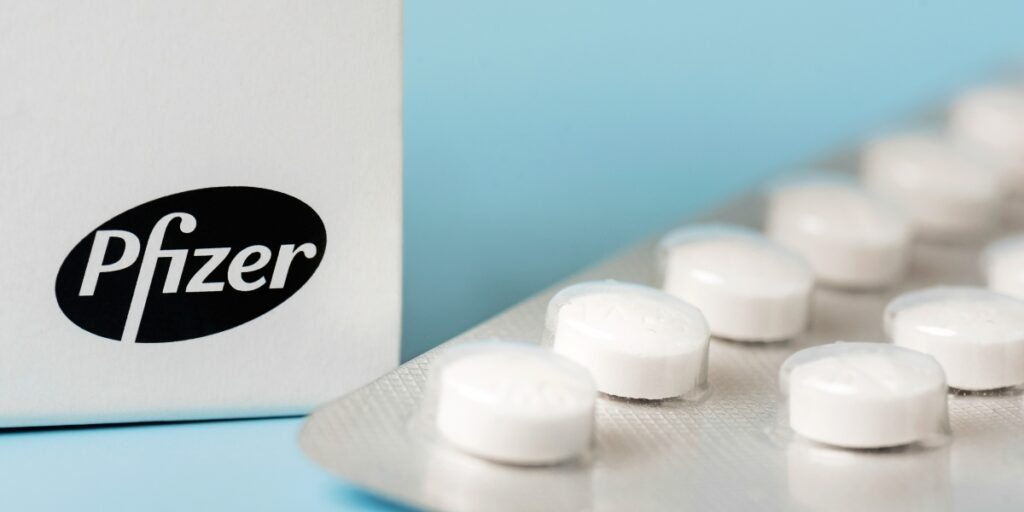Prazosin Overdose

Prazosin was initially approved for treating high blood pressure under the brand Minipress. Still, it has gained popularity as a replacement for certain antidepressants to treat posttraumatic stress disorder (PTSD) related nightmares and is used to manage various other conditions. Because of this, clinicians should be aware of its drug interactions and the potential for prazosin overdose.
What Is Prazosin and How Does it Work?
Prazosin is in a category of prescription medications called alpha-blockers. It was the first alpha-adrenergic antagonist (alpha-blocker) in the United States to be approved by the US Food and Drug Administration (FDA) for the treatment of hypertension or high blood pressure.
Prazosin works by relaxing the blood vessels because it prevents alpha-adrenergic receptors found in your muscles, bladder, neck, and men’s prostates, which causes your arteries to calm and allows more blood to flow through the body, lowering your blood pressure.

Can You Overdose on Prazosin?
You can overdose on prazosin (brand name Minipress). You must stay away from this medication if you have ever had an allergic reaction. Taking it without checking its interaction warnings can cause a fatal overdose. Prazosin’s lethal dose is unknown, but it has an increased overdose risk because the medication is often combined with other prescription drugs and alcohol.
Symptoms of a Prazosin Overdose
Prazosin overdose symptoms may include the following:
- Drowsiness
- Dizziness
- Decreased reflexes
- Lightheadedness
- Fainting
If you suspect an overdose, call your poison center or 911 immediately. Be prepared to tell them what medication was taken, how much, and how long ago.
There isn’t a prazosin overdose antidote. Treating a prazosin overdose will include managing the patient’s blood pressure and possibly pumping the stomach, and using medication to counteract the symptoms of the drug.
Side Effects
The most common side effects of the prazosin drug include feeling lightheaded, dizzy, and fainting after getting up from sitting or lying down. This is more common when you start taking the prescription drug or when your prazosin dose increases. These symptoms may also happen if you drink alcohol.
Common side effects of prazosin include the following:
- Headache
- Nausea
- Weakness
- Fatigue
- Lack of energy
- Fainting
Adverse Effects
People taking alpha-antagonists (AA), also known as alpha-blockers, like prazosin, are at risk for developing intraoperative floppy iris syndrome (IFIS), a complication that can occur during cataract surgery. IFIS is a variant of small pupil syndrome in which the eye’s iris loses its muscle tone.
Adverse symptoms include:
- Allergic reaction
- Chest pain
- Fast or irregular heartbeat
- Liver dysfunction
- Kidney damage
- Trouble breathing
- Loss of consciousness
- Erectile dysfunction
- Prolonged erection that lasts hours
Prazosin’s side effects can be severe, especially an allergic reaction. If you experience any of the following symptoms, call 911 right away:
- Itching
- Rash
- Hives
- Blisters
- Swollen or peeling skin
- Fever
- Wheezing
- Trouble swallowing or talking
- Hoarseness
- Swelling of the face, mouth, lips, tongue, or throat
If you experience any of these adverse effects, call your doctor or seek emergency medical treatment immediately.

Prevent Prazosin Overdose with Northridge Addiction Treatment Center
If enough prazosin is taken, it causes a psychoactive effect, enough to result in tolerance and dependence, and can quickly turn into abuse and then full-blown prazosin addiction.
If you or a loved one is fighting prazosin abuse and misuse, comprehensive and compassionate help is available. Northridge Addiction Treatment Center provides the ideal opportunity for healing and recovery with medical detox, medication-assisted treatment, dual diagnosis, and other evidence-based treatments and therapies.
Although prazosin is an FDA-approved medication, it is associated with various side effects known to occur even on the first dose. Because of this, in addition to taking it, the National Institute of Health (NIH) recommends lifestyle changes, such as exercising 30 to 90 minutes regularly, maintaining a low-fat diet, drinking alcohol in moderation, and not smoking.
NATC understands that everyone requires unique, genuine care to foster meaningful recovery. That’s why we ensure to heal the core of residents’ addiction, not just their symptoms, to discover underlying trauma and embrace the future.
Our caring treatment specialists are eager to help you. Reach out now. With your help, let us build your path to life-long recovery.
Find Meaningful Recovery
Our caring and compassionate specialists are eager to help you comfortably navigate this journey to recovery. Our individualized treatment plan, programs, and therapies may be a perfect match for you or your loved one. Let us assist you in living the happy life you deserve. It starts with a phone call.




